United in Benevolence: An Interview with Eli Beer, Founder & President of United Hatzalah of Israel
https://chat.whatsapp.com/AmbulanceToday
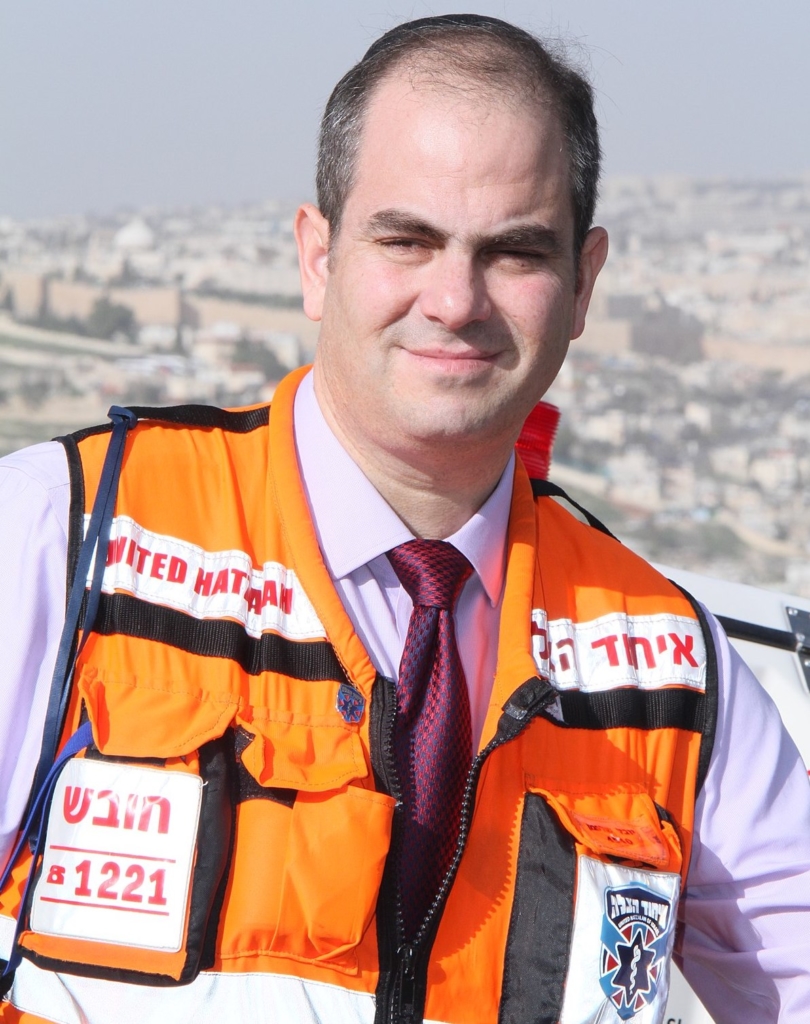
MARK WEINER: What sort of person volunteers with United Hatzalah–do your volunteers share a common social background or professional profile? In the United States, for instance, many EMS volunteers come from families who have generations of volunteer EMS service.
ELI BEER: The amazing thing about United Hatzalah (U.H) is that everyone volunteers with us. We have volunteers from all segments of Israeli society, Jewish, Muslim, Christian, Druze, Bedouin etc.
The volunteers are doctors, nurses, bankers, lawyers, truck drivers, garbage workers, people who work in city hall; we have a Mayor, Deputy mayor, an MK, a sandwich store owner, a spice maker etc…
We do have some families with many of their members volunteering—I think the most is 6 volunteers from one family. But, in truth, all of the volunteers throughout the country feel a kinship with one another.
When they meet in any setting, professional or social, they feel an immediate sense of family even if they have never met one another before. The unity of mission really surpasses all other dividing lines. It overrides politics, religion and even nationality. The goal brings us all together.
M.W: Of course, using volunteers reduces the cost of service but does the volunteer character of U.H provide other goods that can’t be so easily quantified? For instance, are there distinctive medical benefits that a volunteer service might be able to provide better than a fully professionalized service?
E.B: Yes, in the field of EMS it is greatly beneficial to have volunteers in addition to paid personnel. The volunteers add so much with their spirit. The extra passion and motivation which they bring to the profession helps motivate the paid staffers as well.
In Israel, we have incredible EMS personnel who work in the eld for a living but if it wasn’t for volunteers rushing out to emergencies and supporting their efforts, their own motivation would be much lower.
We all know that the paycheques for EMS work aren’t that lucrative but having volunteers around who support the work of the paid staff is crucial for raising the level of motivation across the board.
When I see services that don’t have a volunteer component, there is a much larger danger of paid first responders getting worn out, especially as the salaries are as low as they are.
In terms of benefits in a medical sense, the fact that we have people coming from other fields and joining the EMS profession as a volunteer means that they have a high level of drive and desire to help.
They bring a wealth of knowledge and experience from their own eld to emergency medicine and that knowledge juxtaposing with the knowledge of emergency medicine leads to a lot of innovation in the operational sphere, both on the macro and micro-level.
We’ve had two major projects emanate from this type of hybrid innovation. The first began with an EMT who is a therapist.
She noticed that the people witnessing a medical emergency often suffer from shock and emotional stress and need treatment in addition to the patient who suffered the emergency.
She created a specialized unit of therapists, psychologists, and psychiatrists who are tasked with responding in the eld to medical emergencies where someone is suffering a severe emotional or psychological stress reaction.
This early intervention has been shown to prevent the onset of ASR, ASD and hopefully prevents PTSD from developing. This unit is called the Psychotrauma and Crisis Response Unit and is a unique innovation of our organization.
Another project which came from responder innovation in the field is our Ten Kavod (Giving Honor) project, where trained EMTs visit elderly people who live alone once a week.
The Ten Kavod project aims to prevent older people who live alone from feeling abandoned by society and passing away without anyone noticing.
Having a trained EMT visit them once a week provides a much-needed social outlet as well as monitoring their medical status on a regular basis. The program is run in partnership with social services on a city-wide or community-based level.
M.W: How about benefits for the individual volunteers? Does volunteering with U.H increase the civic standing of volunteers within their communities?
E.B: United Hatzalah cares very deeply for its volunteers. An integral part of our organization is making sure the volunteers feel connected to each other and to the organization.
We do this by dividing the country into 75 regional chapters based on geography and make-up of each area.
These chapters are responsible for holding social and educational meet-ups for the volunteers every six weeks, and twice a year they must have an event geared towards the families of the volunteers.
Each volunteer receives annual gifts for their families, providing the families of the volunteers with a sense of connectedness to the organization. Without the family supporting the volunteer’s work, the volunteer would not be able to drop everything at a moment’s notice and rush out to save lives.
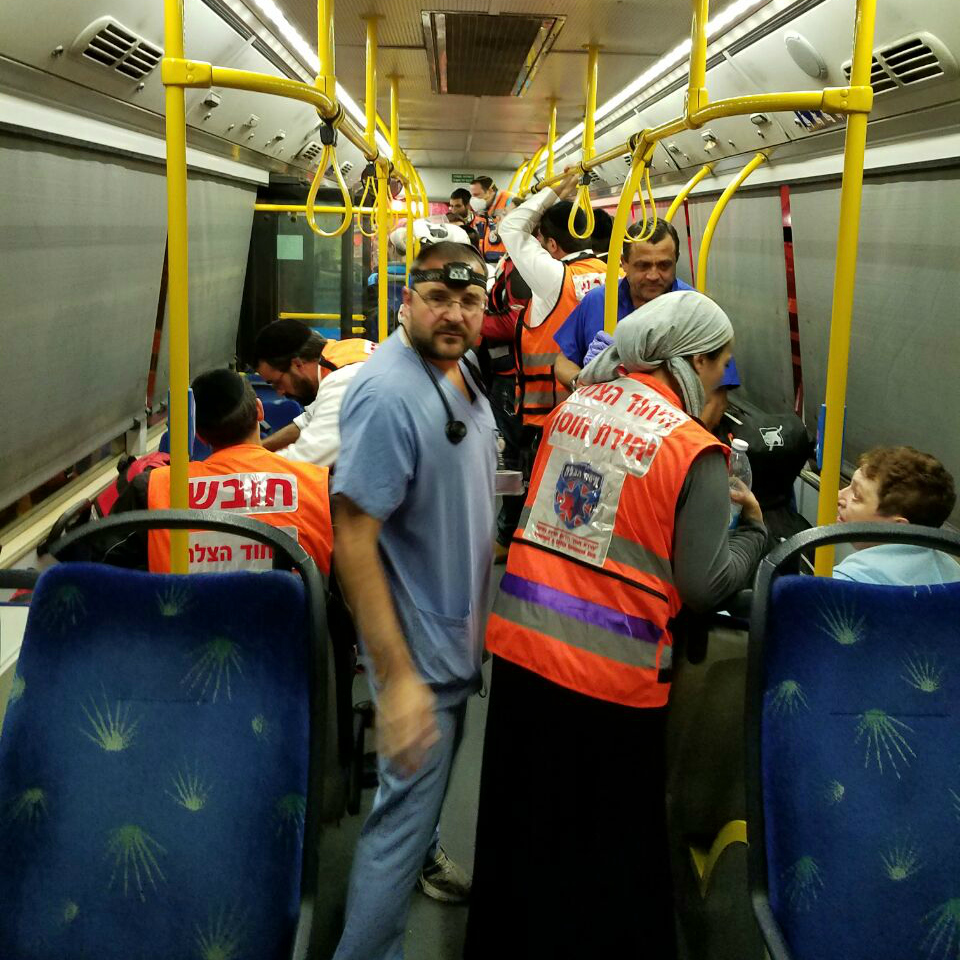
Additionally, the Psychotrauma and Crisis Response Unit contact each of the volunteers after a medical emergency that is considered to be traumatic for the responders.
The unit is tasked with checking in with the volunteer and ascertaining that they are okay from a mental health perspective following the incident.
With regards to the community itself, our volunteers are respected by their community and people look to them when they have emergencies.
This doesn’t necessarily give them a higher standing in the community but it helps the community as a whole become more resilient by knowing that, when there is an emergency, there is a person in the community whom they can turn to for help.
M.W: So, there are quite a few ways in which you believe a community benefits from having EMS provided by volunteers. Do you think that the decentralized organizational structure of United Hatzalah contributes to these benefits?
E.B: Yes. The fact that the organization is run by volunteers who come from the community means they are in touch with the needs of that community and are more concerned with patient care than a government service whose primary concern is paying the bills and thereby strongly recommends ambulance transport for any and all incidents.
Such a system not only overloads the hospital ERs but doesn’t always have patient care as its top priority. When EMS is a business and dependent on the bottom line of financial solvency in order to function, patient care can sometimes take a backseat to the need to transport a patient.
When service is always free of charge to the patient, nothing takes away from the high level of patient care offered by the provider. As everything in United Hatzalah is provided to the patient free of charge and done by a volunteer, the patient’s well-being is the sole motive for treatment.
M.W: Is there a distinctively Jewish ethical justification for EMS volunteerism? United Hatzalah provides services to all people, regardless of their religion, and its volunteers come from diverse religious backgrounds. But is there a way of thinking about volunteering as an EMT from the perspective of the Jewish tradition?
E.B: I think that there is a Jewish ethos of volunteering to help others in less fortunate situations across the board. Israel, as well as Jewish communities in the diaspora, has a plethora of volunteer organizations that deal with almost every aspect of life.
From free loan societies to helping with automotive troubles on the road, to EMS, to a volunteer police force—the Jewish people have always placed high importance on helping others, especially members of their own community.
There are plenty of references to this in the Bible, as well as Rabbinic literature, but I believe that the main reason for this is our unique history. We were a people apart who were, for 2,000 years, strangers in other lands.
We needed to help each other in order to survive and there has always been an understanding that no one from our community can make it on their own, so we need to band together to make it together.
I believe that this ideology has translated into a national and individual subconscious need to help others. Our forefather Abraham was known for his acts of loving kindness.
His examples are told to all of our children throughout the ages as actions to exemplify.
M.W: Finally, Eli, is there something that other nations can learn from the historical experience of Israel about the social and cultural importance of emergency medical volunteerism or public emergency medical training?
E.B: I think that our message has resonated across the globe. When I spoke at the Ted Med event in 2013 I was asked by people from countries all over the world to come and explain our model so that they could copy it.
We have been working with other cities in many places to develop a model of our volunteer network in a way that works for them; usually in a style that is non-threatening to existing response systems and working with, rather than against, the current system.
Currently, we have active chapters in five other countries and we are always looking to expand into other cities and other countries to help save as many lives as possible.
It is my dream that no one should ever die because they were waiting for help to arrive.
To receive more exclusive content from Ambulance Today directly to your smart phone, join us now on: https://chat.whatsapp.com/AmbulanceToday
Quality content
- Casinos Not On Gamstop
- Casinos Not On Gamstop
- Casino Sites Not On Gamstop
- Non Gamstop Casino
- UK Online Casinos Not On Gamstop
- Casino Sites Not On Gamstop UK
- Casino Sites Not On Gamstop
- Games Not On Gamstop
- Sites Not On Gamstop
- UK Online Casinos Not On Gamstop
- Casino Not On Gamstop
- Slots Not On Gamstop
- Casino Not On Gamstop
- Gambling Not On Gamstop
- Casinos Not On Gamstop
- Non Gamstop Casino
- UK Online Casinos Not On Gamstop
- Casino Sites Not On Gamstop
- Best Betting Sites
- Best UK Online Casinos
- New Horse Racing Betting Sites

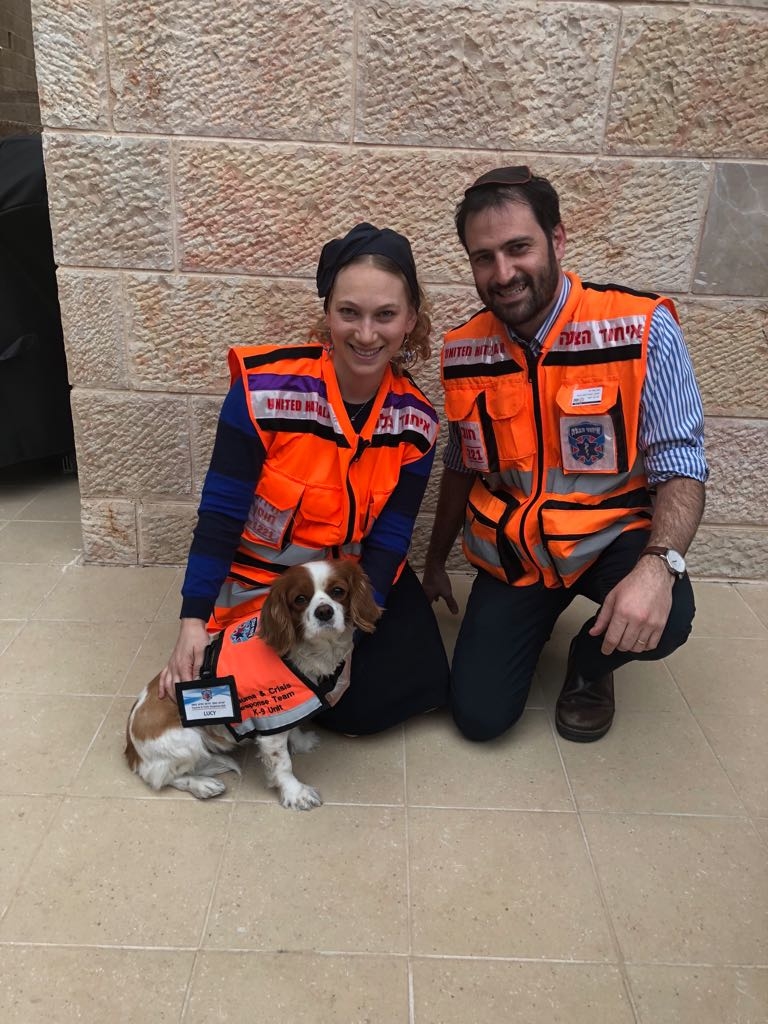
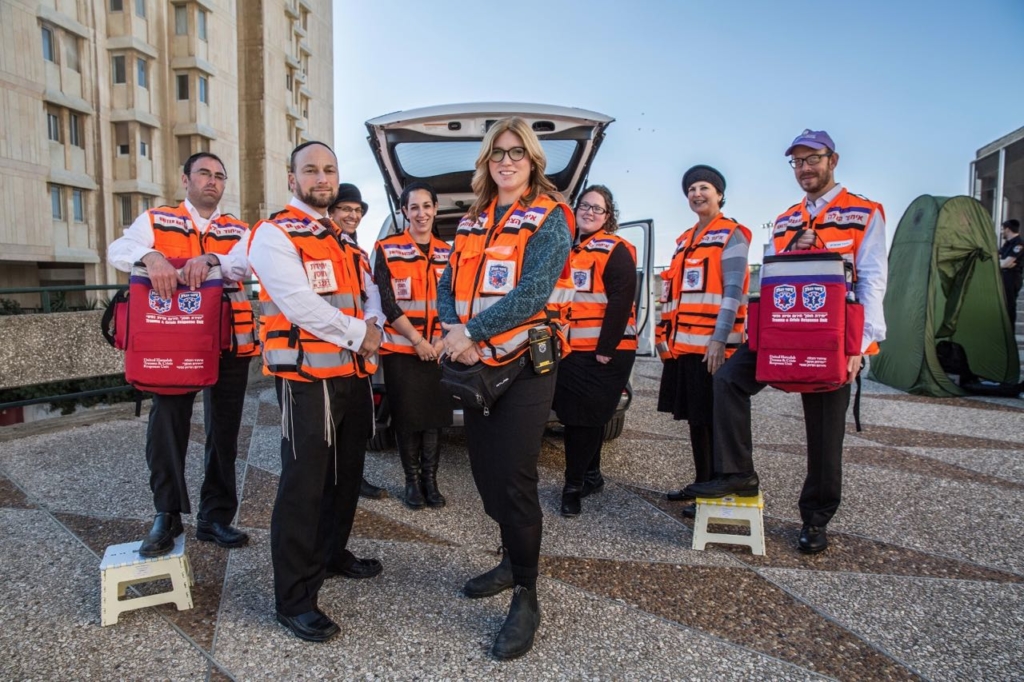
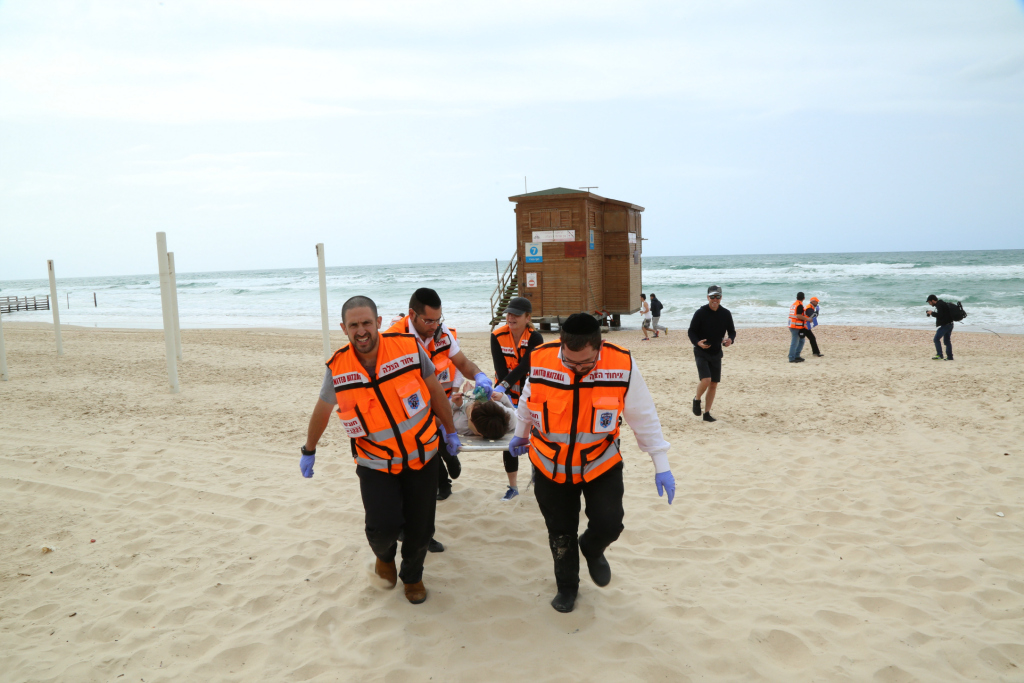
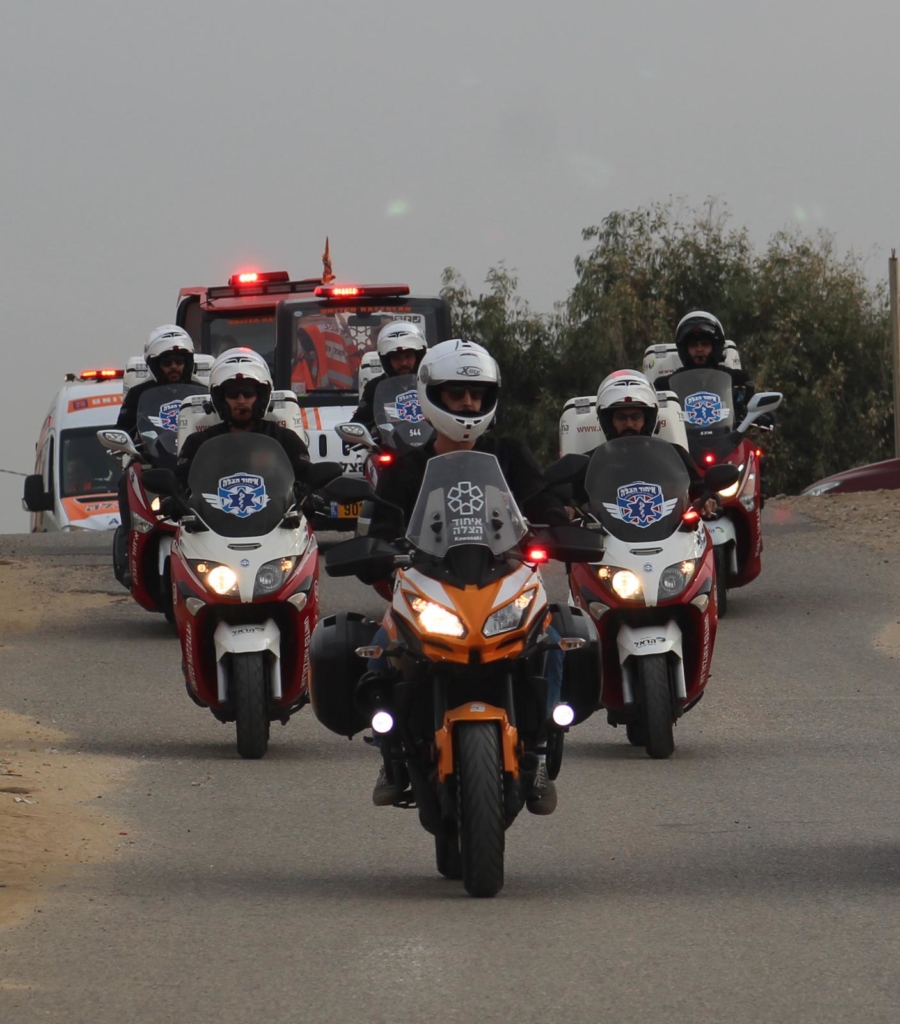

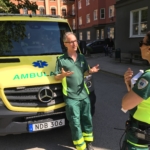
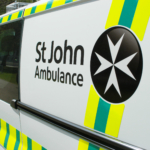
Leave a Reply
Want to join the discussion?Feel free to contribute!